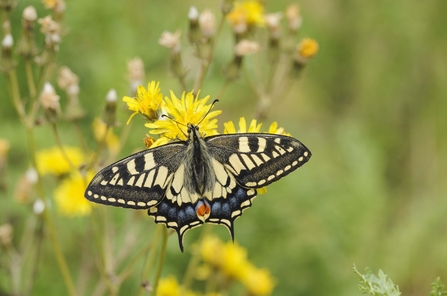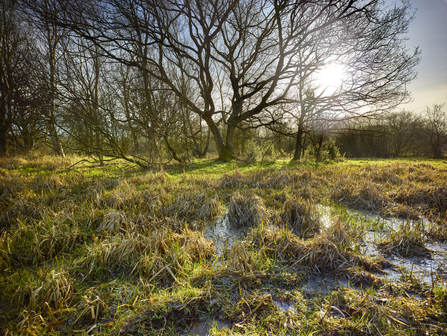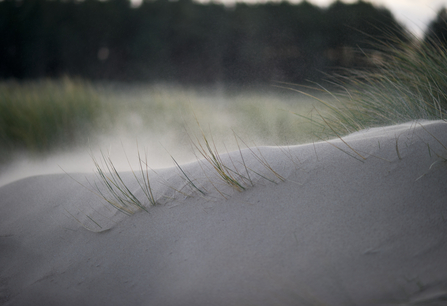The State of Nature 2023 report shows:
-
One in six species is now at risk of being lost from Great Britain
-
The wildlife studied has, on average, declined by 19% since monitoring began in 1970
-
Most important habitats are in poor condition, though restoration projects have clear benefits for nature, people and adapting to climate change
Our CEO, Eliot Lyne, says: "In Norfolk, we have a great responsibility. Our county is home to a high proportion of the UK's most wildlife-rich habitats, including chalk streams, reedbed, fens, dry acid grassland and coastal sand dunes. Norfolk is home to a marine protected area and is the stronghold for priority species including swallowtail butterfly, bittern and stone curlew.
"These wonderful places and wildlife are under threat from pollution, habitat loss and our changing climate. We desperately need wilder and more natural areas to help wildlife recover, enable nature to adapt to climate change and create healthier, happier, and more prosperous communities.



